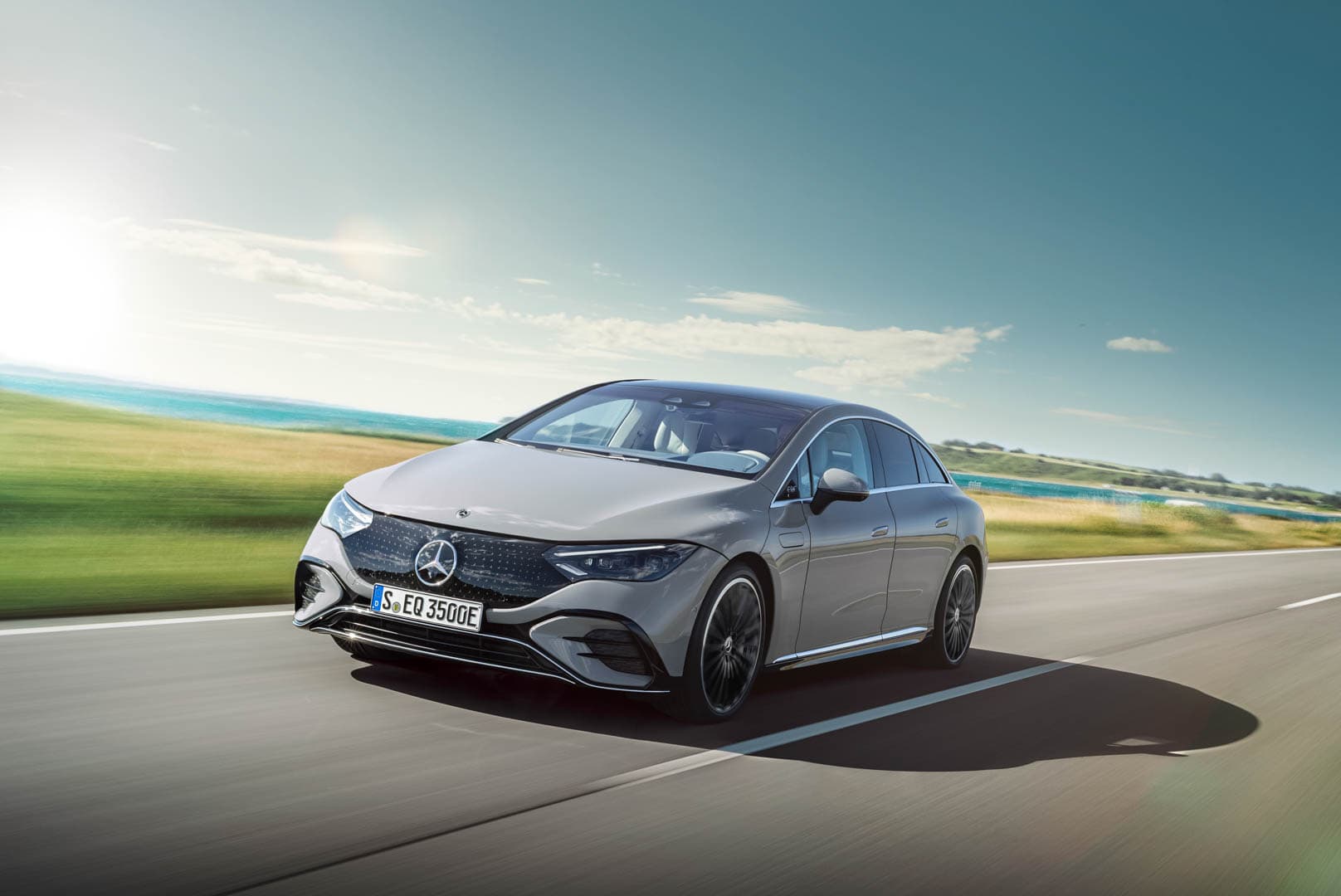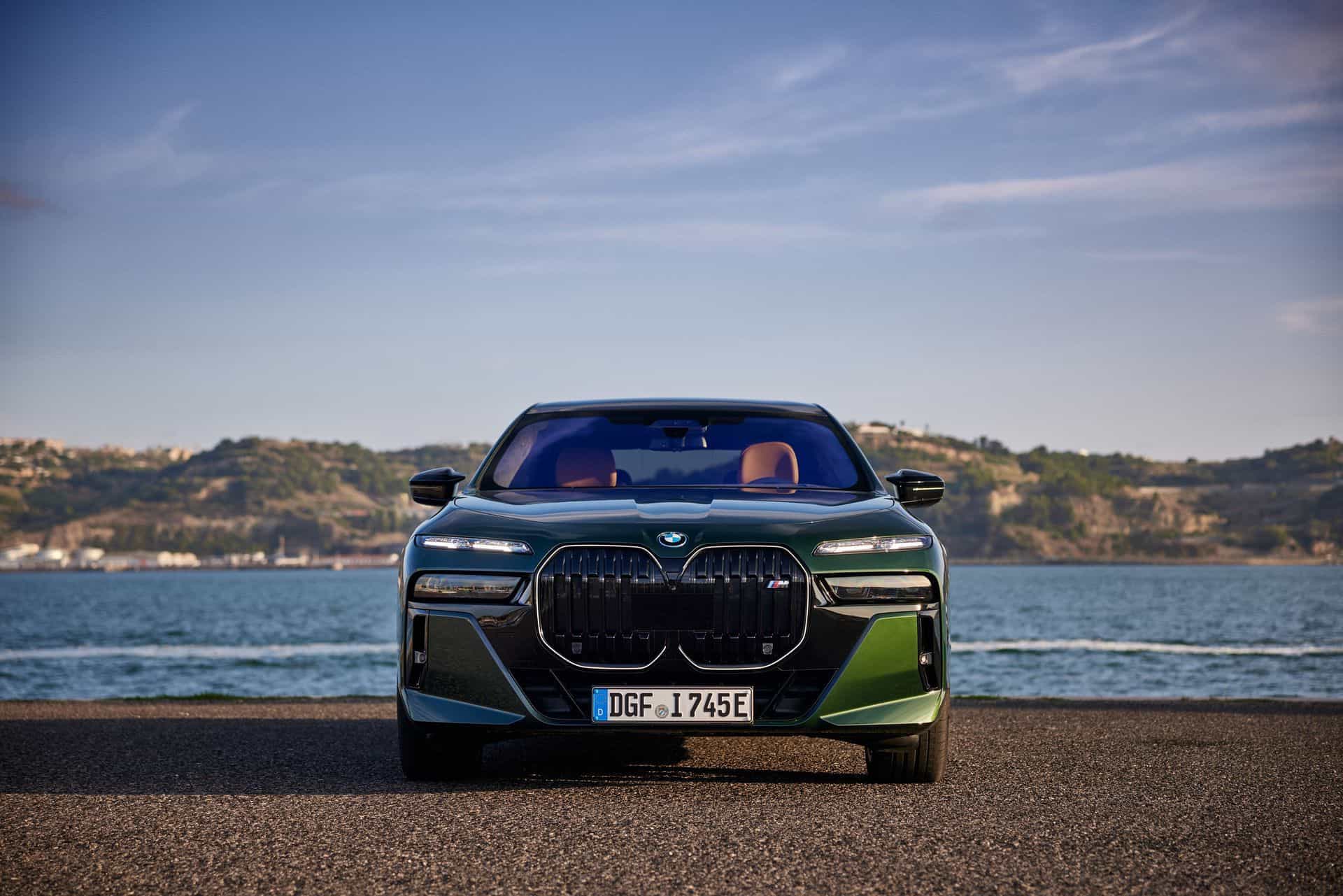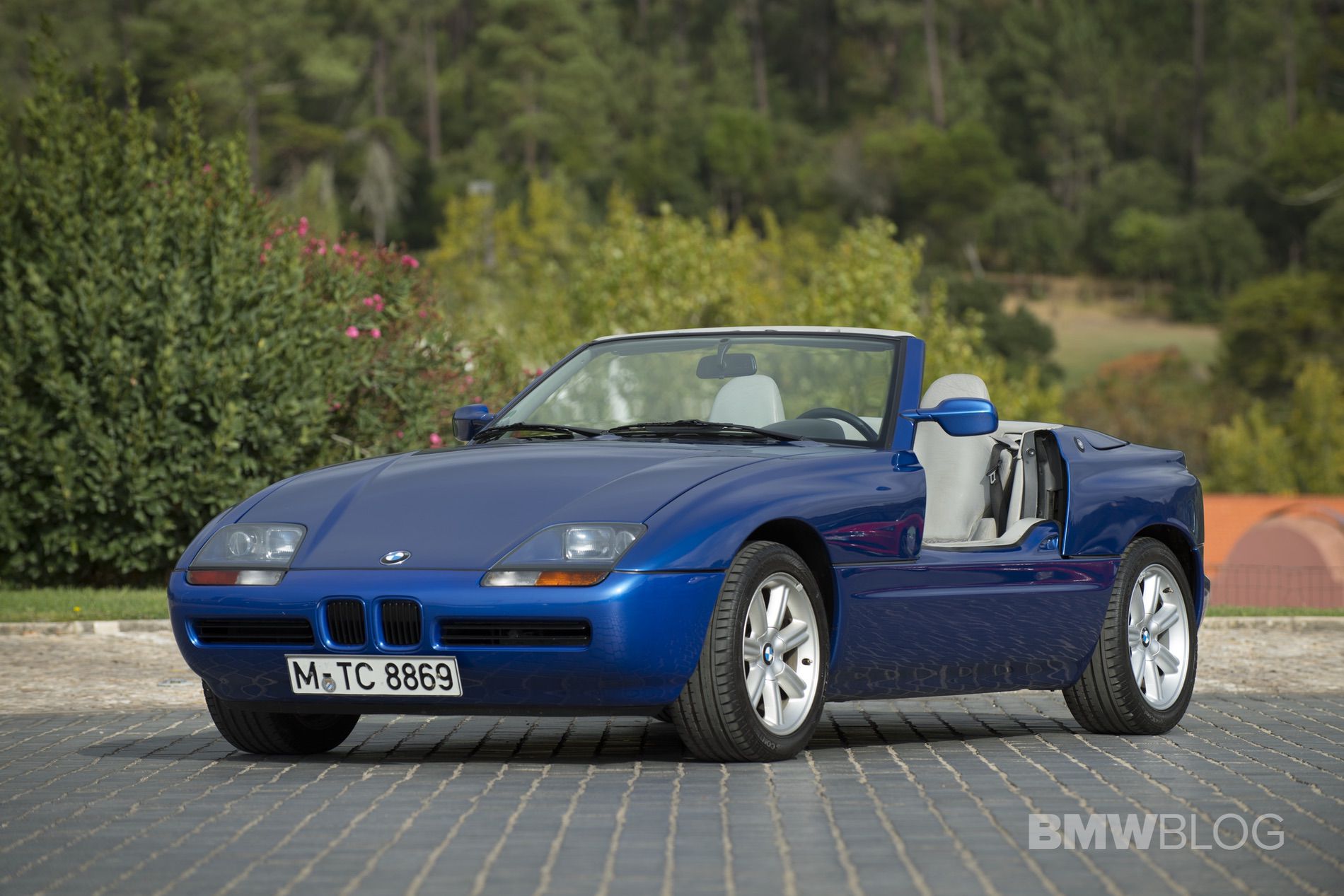The EQE may not be long for this world. Mercedes is allegedly planning to end production of the luxury sedan as early as next year. A fresh report from Autocar claims the slippery EV will have a short shelf life by skipping the usual mid-cycle facelift. If the BMW i5 competitor does bow out in 2026, it would amount to a four-year run, which is untypically short in the automotive industry.
When contacted by Autocar, a Mercedes spokesperson declined to confirm or deny the rumor. However, they did say an electric E-Class is planned for release in 2027. Discontinuing the EQE to make room for the E-Class EV makes sense, since having both would risk cannibalizing sales. The EQE’s demise would also spell the end of the EQE SUV, a model for which BMW doesn’t have a direct rival. The iX is larger, going up against the EQS SUV instead.
That said, Munich is preparing an iX5 and even a three-row iX7 to cover the upper echelons of electric SUVs. These two large models are expected to make the polarizing iX redundant. BMW could discontinue the latter after a single generation in mid-2028. Still, since the iX5 arrives next year, the two will likely coexist for a couple of years.
As a refresher, Mercedes is taking a page out of BMW’s playbook by merging its combustion-engine and electric lineups. This marks a 180-degree turn from its current strategy, where the E-Class and EQE share little in common. The sedans ride on different platforms and have distinct designs. The EV emphasizes aero efficiency, while the E-Class retains the classic three-box shape.
Just as BMW prepares to flood the market with Neue Klasse, Mercedes is also planning many new electric models. The upcoming GLC EV will take on the next-gen iX3, which celebrates its world premiere later this week. Not long after, a C-Class without a combustion engine will go head-to-head with the i3 sedan due in 2026.
While BMW never pledged to abandon combustion cars in X years, Mercedes had been highly optimistic about going all-in on EVs “where market conditions allow” as early as 2030. However, it has since walked back that promise, instead committing to keep ICE models in its portfolio well into the 2030s, and possibly beyond.
Source: Autocar

























































